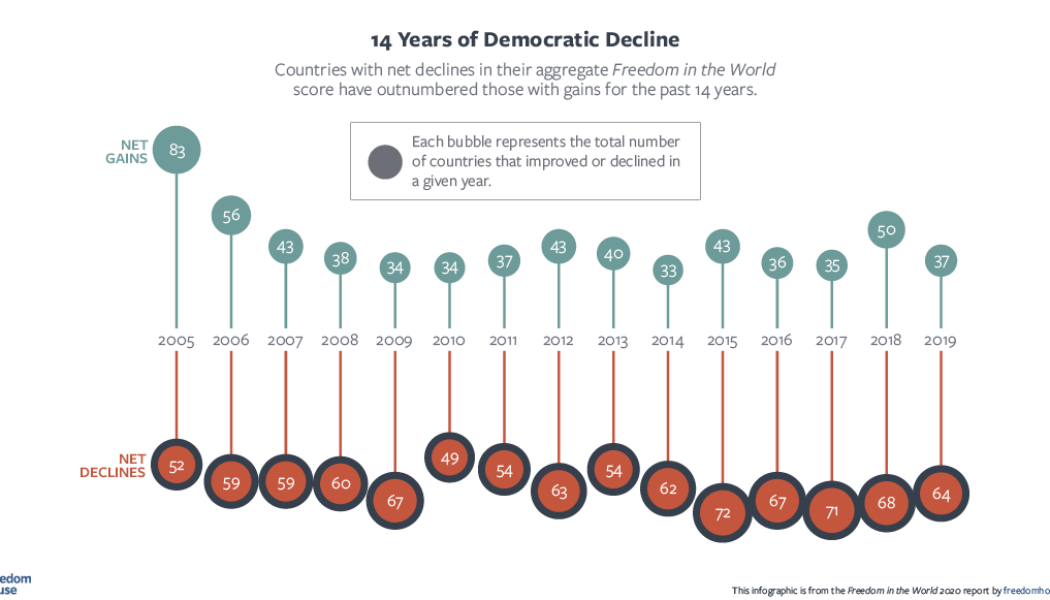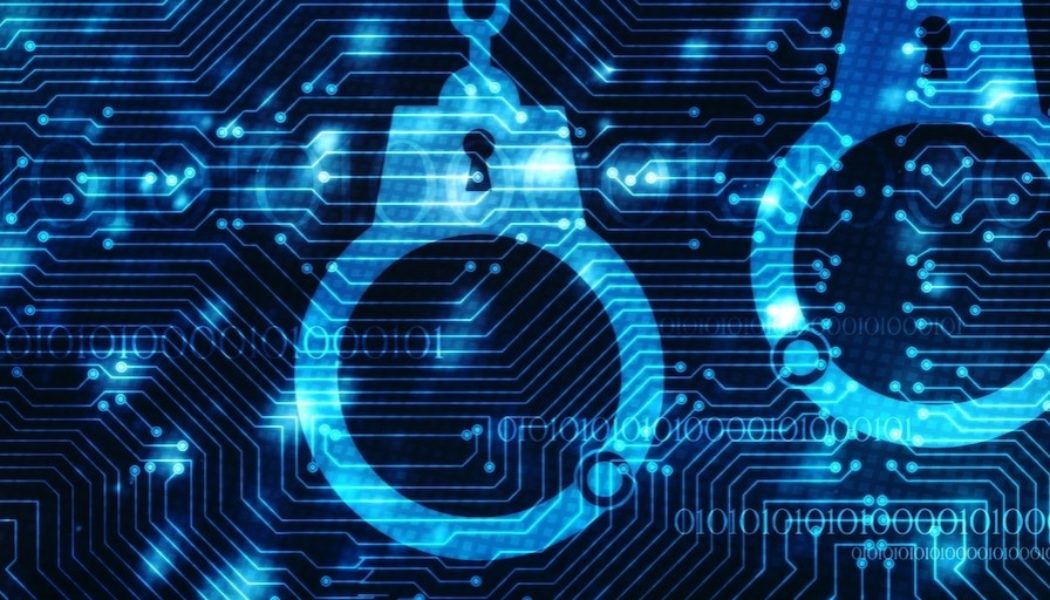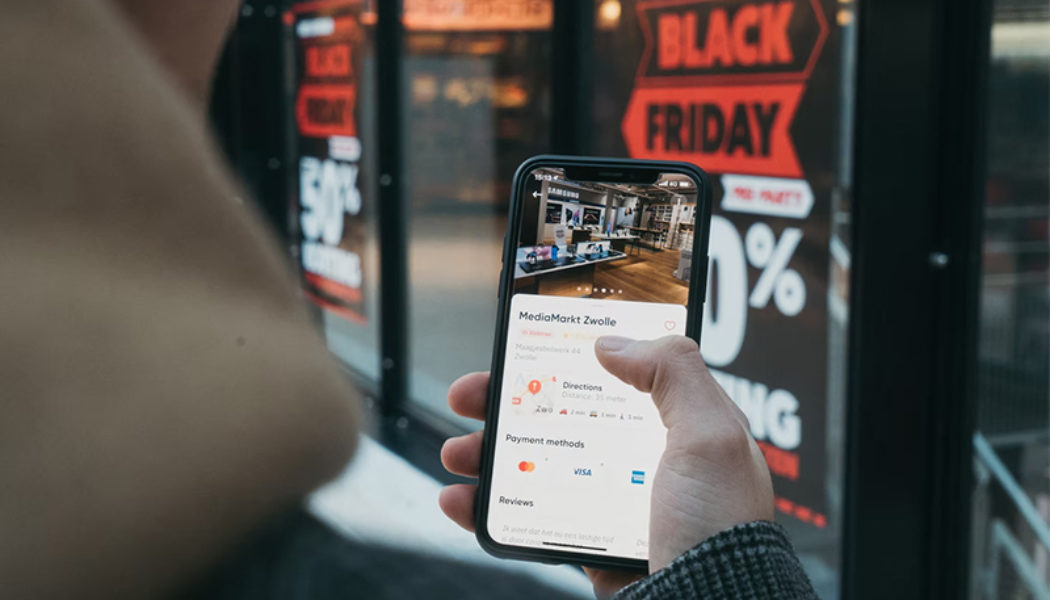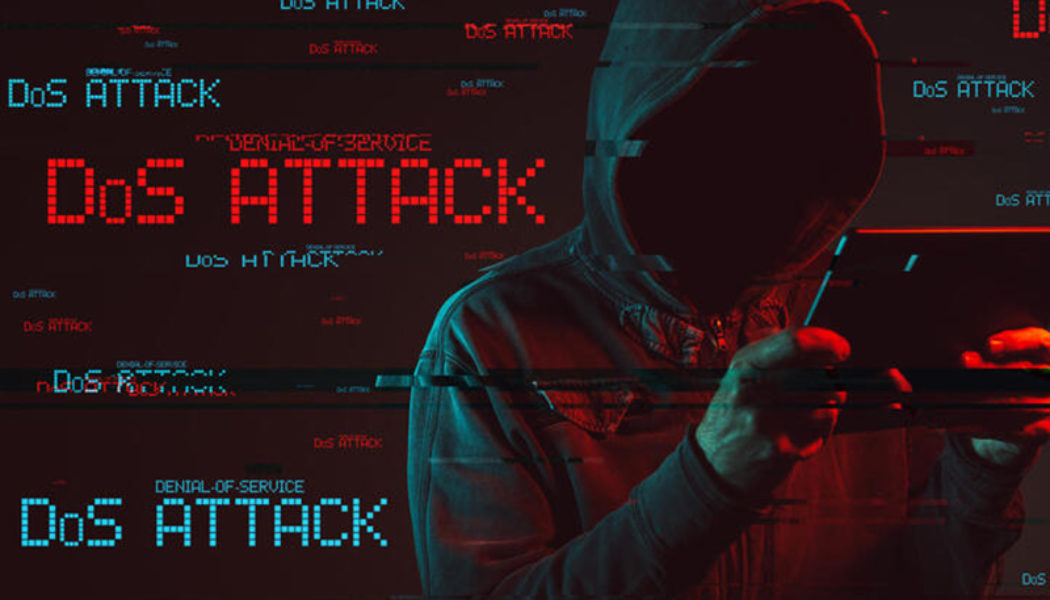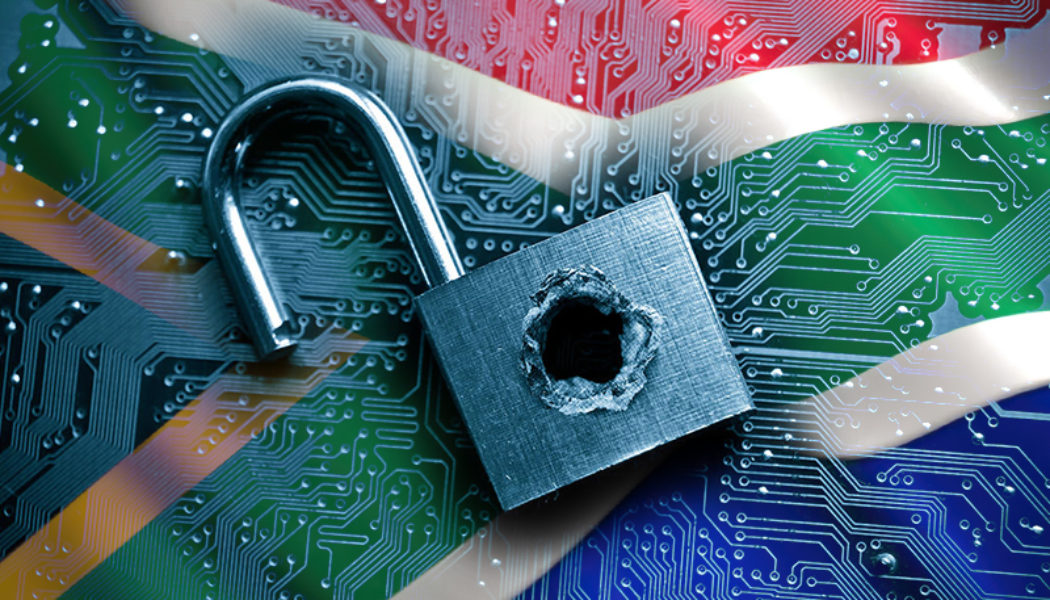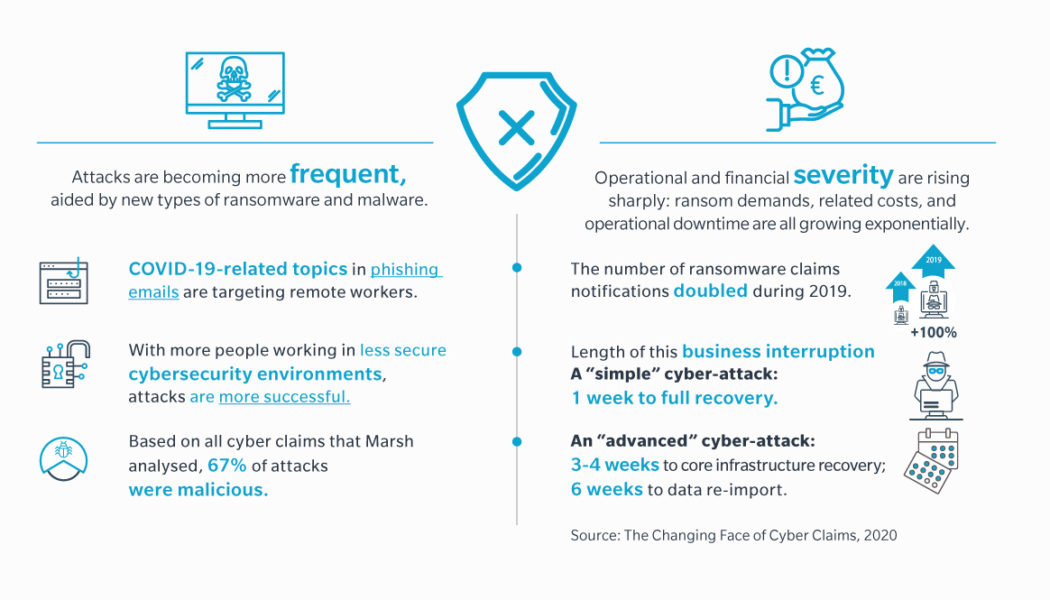Cybercrime Africa
What Happens When Cybercriminals Impersonate CEOs?
Image sourced from Feed Navigator. Traditional payment fraud has been rife for some time, where the cybercriminal impersonates the CEO, or other senior members of staff, to convince the finance department to make an urgent payment to either a new supplier or update their bank details. Now over the past month, there has been an increase in an evolved method of change of bank details or payment fraud cyber-attack. This new trend involves an internal change of bank details, mostly for the CEO. The change of bank details fraud uses fake banking confirmation letters and the trust of finance people to update an existing supplier’s details. The growing number of successful attacks have proven to be very costly to businesses of all sizes. Owing to this, many businesses have now implemented stronge...
The State of Cyber Extortion Crime in South Africa
Sourced from Kaspersky The KnowBe4 and ITWeb Ransomware Survey took a deep look into the South African organisation, finding that ransomware and cybercrime are increasingly impacting organisations on the continent. While many companies (32%) were attacked in 2021, some multiple times (12%), 64% of organisations believe they are prepared, and 67% would not pay the ransom. According to Anna Collard, SVP Content Strategy & Evangelist at KnowBe4 Africa, the South African market with its growing economy and cyber dependence, is becoming increasingly tasty as a cyber extortion snack. Anna Collard, SVP Content Strategy & Evangelist at KnowBe4 Africa. “It is natural for cybercriminal organisations to look at emerging economies for future attacks, as they are often not as prepared as the re...
The Most Vulnerable IoT Devices: Think Before You Buy This Black Friday
With the shopping season approaching, it’s likely that internet-connected gadgets and toys will be a popular item on many users’ wish lists, as more than 88% of people use IoT (Internet of Things) devices in their households. However, cybersecurity experts warn: Internet of Things devices can quickly go from fun to creepy, depending on how hackable they are. “Enormous Black Friday discounts can rush customers into buying some very questionable gadgets. However, Internet of Things devices is widely known among experts for low-security measures they usually have installed. There is a joke going around: ‘The S in IoT stands for security’. So, it’s best to think before bringing any new IoT device to your household, as it can easily compromise the whole network,” says digital security expert at...
NETSCOUT: The Long Tail of Adversary Innovation
Image sourced from Shutterstock. NETSCOUT’s ATLAS Security Engineering and Response Team (ASERT) observed a record-setting 5.4 million attacks in the first half of 2021, further confirmation that their “up and to the right” mantra would continue to hold true. As the findings from the 1H 2021 NETSCOUT Threat Intelligence Report show, the ongoing surge in DDoS activity is just one aspect of the dramatic global impact cyberattacks continue to have on private and public entities. “Cybercriminals are making front-page news launching an unprecedented number of DDoS attacks to take advantage of the pandemic’s remote work shift by undermining vital components of the connectivity supply chain,” stated Richard Hummel, threat intelligence lead, NETSCOUT. “Ransomware gangs added triple-extortion ...
Is South Africa a Playground for Cybercriminals?
The Attacks From All Angles 2021 Mid-year Cybersecurity Report by Trend Micro highlighted a 47% year-on-year increase in email threats as well as malicious files and URLs in the first quarter of 2021 globally. South Africa’s technology landscape is almost identical to that of other countries, which has seen black hat hackers using it as a testing ground for cybersecurity attacks before these are launched on their intended end-users. Ransomware Remains the Prime Threat Globally, ransomware remained the standout threat in the first half of the year. The pandemic has highlighted how easy it is to buy ransomware as a service (Raas) on the dark web. Africa accounted for 1.7% of these attacks, with 1.05% being targeted at South Africa. Our findings show that locally, South Africa was in the top ...
How to Successfully Recover from a Ransomware Attack
Sourced from Kaspersky South Africa is an attractive target for cybercriminals for a number of reasons, and the last few years have seen a sharp rise in high-profile ransomware attacks. One of the key motivations driving this volume of attacks is the fact that data is a de facto currency and an extremely valuable commodity on the black market. While backup is a critical component of data protection, when this backup is also encrypted by malicious software, companies are often left with few options other than to pay the ransom. Therefore, an effective Cyber Recovery strategy, which enables businesses to get back up and running without having to give in to criminal demands, is the key. Ransomware on the Rise The rapid adoption of digital transformation, Artificial Intelligence (AI) and the I...
UN Calls on Nigeria, Others to Tighten Cybersecurity Regulations
Sourced from UN The International Telecommunications Union (ITU), the global telecommunications arm of the United Nations (UN) has called on the government of Nigeria, and other governments across Africa to strengthen their Internet safety regulations. Because of the COVID-19 pandemic, and general shift online, many African countries are now more exposed to cybersecurity threats than before, necessitating renewed efforts into protecting these spaces. According to the Guardian Nigeria, the UN noted that in Africa, many countries have seen a rise in reports of digital threats and other malicious cyber activities. The results include sabotaged public infrastructure, large-scale monetary theft from digital fraud, and national security breaches. The UN says that addressing these vulnerabilities...


